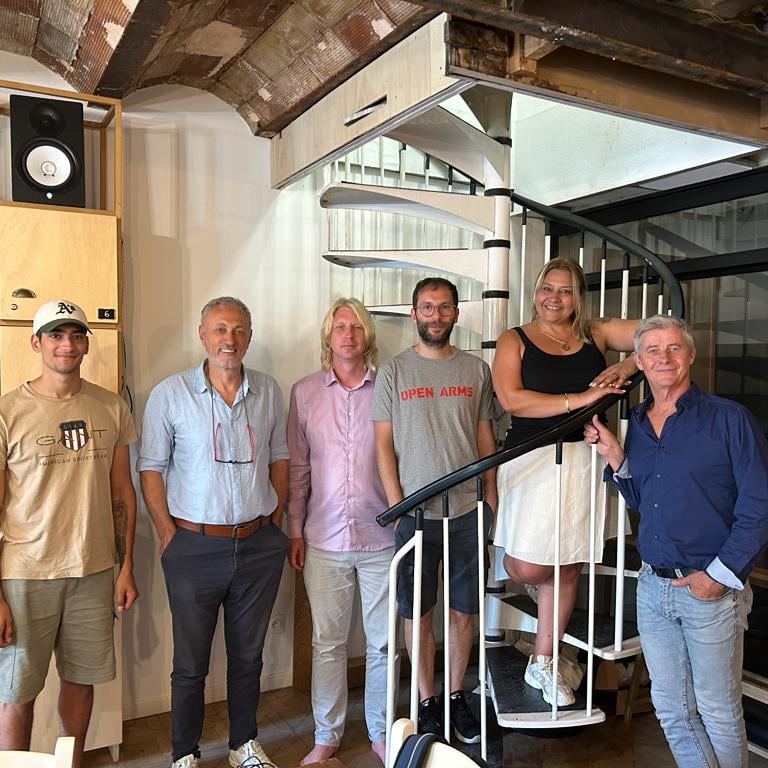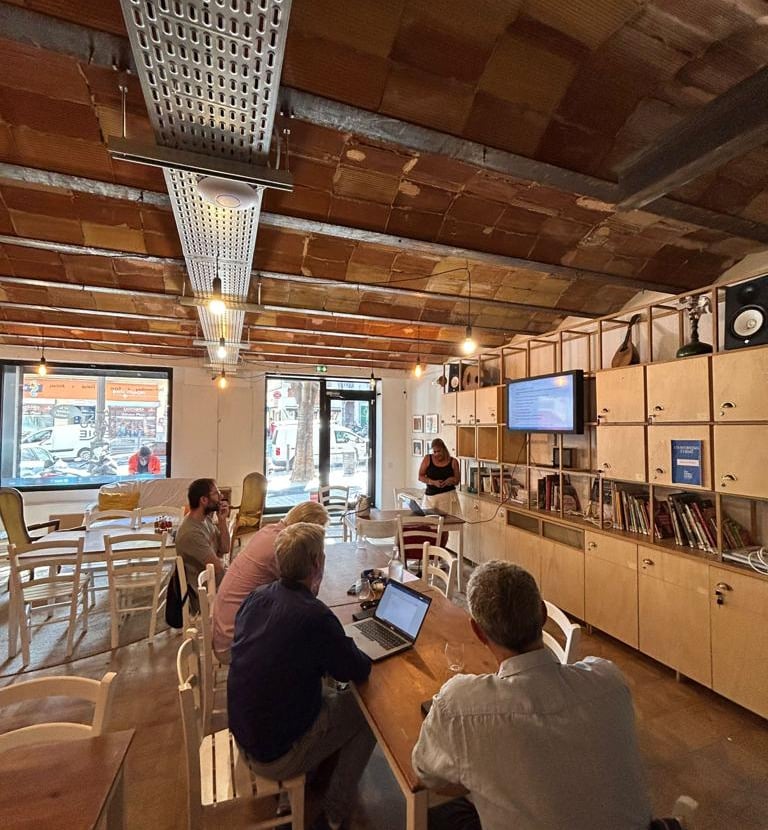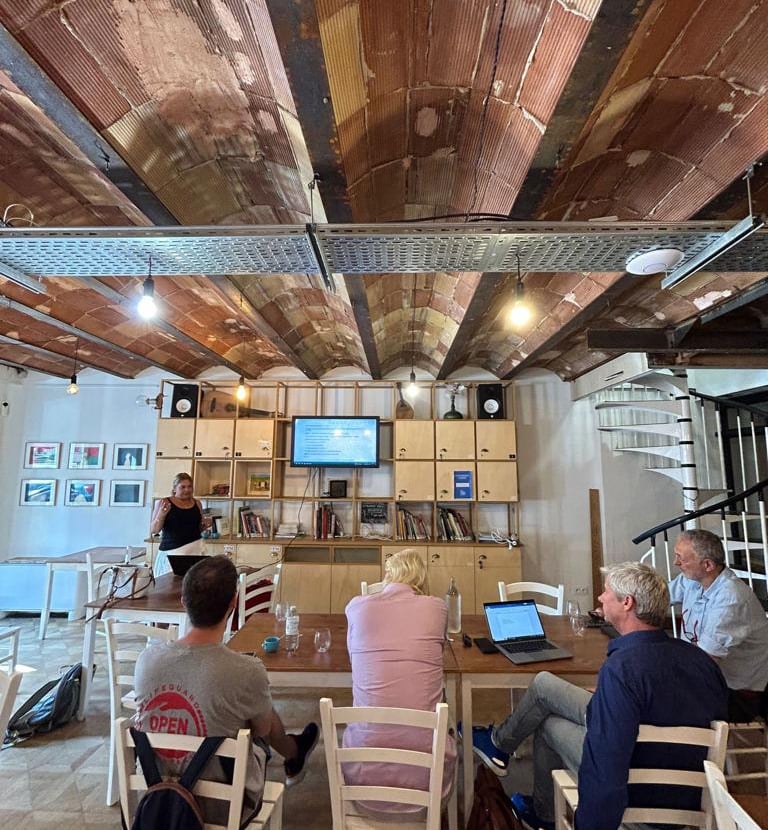
Dream Act Lead
D.A.L


More than half of the world’s population lives in cities. By 2050, this figure is expected to rise to two-thirds, and as more people move to cities in search of better opportunities, millions of young people are growing up in environments that struggle to meet their basic needs. Despite increased commitments from global and local actors in line with Sustainable Development Goal (SDG) 11, much of urban development around the world still fails to address the challenges caused by inadequate infrastructure, urban poverty, and social exclusion.
EUROSTAT data also highlights SDG 13 Climate Action as one of the areas where faster and more significant progress is needed. Looking at indicators for SDG 13, the EU’s moderate progress stems largely from the urgent need to reduce all forms of energy consumption. An integrated approach, as suggested under the mission framework, could help alleviate this challenge, particularly in urban areas where energy consumption is at its highest. Key findings - Sustainable development goals - Eurostat
Cities often offer the best in culture, health, education, and opportunities. However, many rapidly growing urban environments are experiencing increasing and deepening inequalities. For example, cities occupy only 2% of the world’s land area but account for 70% of the global economy, 70% of global waste, and 70% of greenhouse gas emissions. While this presents major challenges, it also provides a clear opportunity to include young people’s voices more effectively in decision-making processes.
As a generation deeply engaged in the digital sphere and key drivers of social, economic, and political change, young people’s active participation is essential for the successful, sustainable, and inclusive transformation of cities. A holistic and transformative mission for Smart Green Cities based on citizen engagement—especially youth participation and social inclusion—can contribute to and accelerate progress towards many SDGs within the EU.
The Directorate-General for Research and Innovation’s 2020 Clean Planet mission boards emphasized a systemic change and transformation of cities, adopting a “by and for citizens” approach as part of the Climate-Neutral and Smart Cities Mission. This approach proposes a multi-level co-creation process implemented through a Climate City Contract, with the goal of coordinating stakeholders and empowering citizens around a shared climate objective.
The DREAM – ACT – LEAD Erasmus+ project aims to mobilize stakeholders and drive policy change through inclusive participation and advocacy. The initiative collaborates with young people, municipalities and/or local authorities, and policymakers to foster prosperity and opportunities for all. Change will be driven by youth through local-level programming and implementation.
We believe that the cities of the future will be planned inclusively for all citizens.
About the Project
NEWS
The meeting took place on 6–8 July in Marseille, hosted by the coordinating organization Association Fenêtres. During the meeting, the partners discussed the project activities, evaluated the actions currently being implemented, and agreed on the distribution of upcoming tasks.






